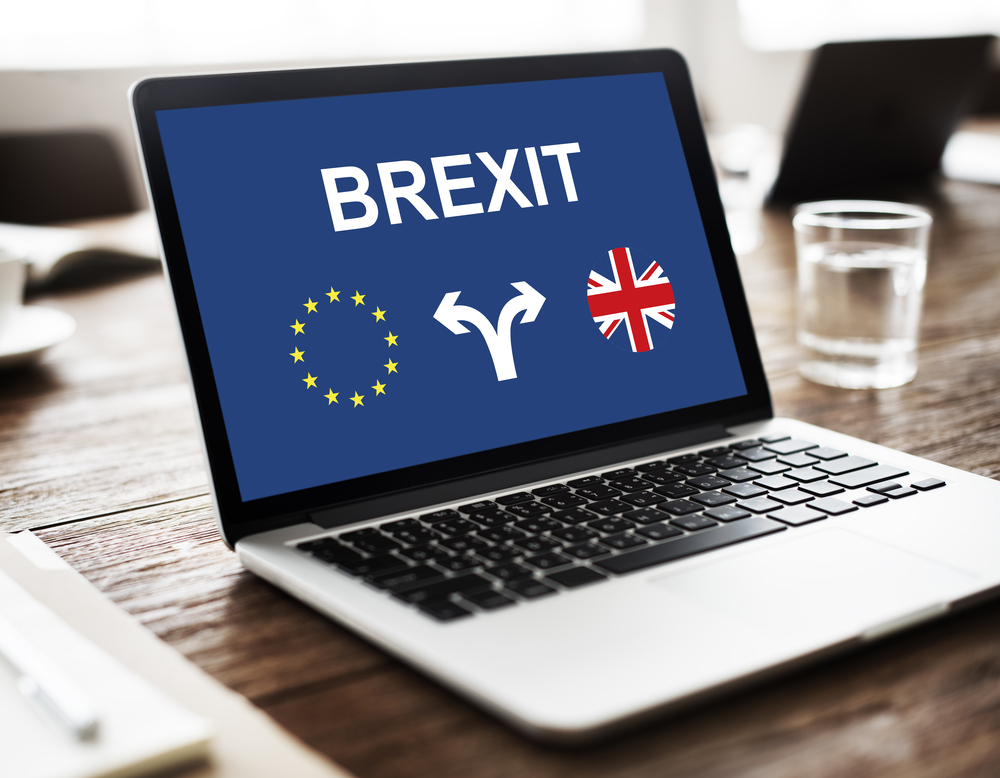
The UK formally left the EU just over a month ago, and already we can see that the trading landscape is beginning to change.
As they get to grips with post-Brexit life, many UK businesses have already experienced issues with new bureaucratic processes and regulations that have emerged as a result of the “tariff-free” trade deal with the EU.
The UK will never cease trading with the EU entirely; the bloc is simply too large to ignore. The real question is whether we will see the same volumes of import and export flows in the coming months.
The new bureaucratic processes in place are already proving to be costly and confusing for some. As such, business leaders are being forced to reconsider their global trading strategy. This was made clear in research recently commissioned by One World E-commerce. Based on a survey of business leaders, 45% said they are already planning to expand into other non-European markets over the coming years.
There are significant opportunities on offer in some key global markets, such as India or South-East Asia, suggesting that now could be an opportune time for UK firms to begin looking into these markets.
However, doing so will not be a simple task, and businesses must ensure that they are adequately prepared to do so…
Adequate resource allocation
One of the main barriers for many businesses looking to enter a new global market is a lack of a company’s staff or financial capacity.
2020 was an incredibly challenging year for many UK businesses. COVID-19 prompted an ecommerce boom as demand for home-delivered goods increased; however, it also weakened workforces, due to social distancing regulations. It also placed a higher financial burden on companies, as they stretched budgets to cover the costs of new, COVID-appropriate business practices. Consequently, some companies may feel destabilised.
That’s why it is vital for businesses interested in expanding into new markets to take their time in reviewing their resource capacity before developing a firm strategy. Doing so will help decision makers gain a firm understanding of their company’s capabilities and, where possible, enable them to reallocate their resource to areas where it is needed. From there, business leaders will be able to develop a realistic plan for any future market expansion.
Thorough research
Like any business venture, conducting in-depth research about new markets is absolutely vital. Some of the key questions all business leaders must answer when they look to enter a new market are; Who do I sell to? How can I ship there? How do I manage currency?
These are as straightforward as one would initially assume. For example, a company may have a target demographic in mind as they enter into a new market. However, once they begin their expansion, they suddenly came across challenges that were not initially planned for. Ultimately, this can lead to higher costs and delays, bringing into question the overall advantage of such an expansion in the first place.
Similarly, the business will need to consider how to handle the local currency in the new market. Naturally, consumers prefer to pay to products in their local currency. A knowledge of exchange rates, the transaction process, multi-currency conversion and settlements in currency cannot be overlooked. Exhaustive investigation is needed to ensure that a businesses is adequately prepared to handle new currency systems.
Considerations must also be made for shipping as well. Different countries will have different laws to the UK (from data protection to liability law), not to mention different VAT rates, terms and conditions. All these costs can add up if not properly accounted for from the outset. It’s the reason why companies have to explore and find the most efficient shipping options available to them.
Consulting an expert
Taking into account the above considerations, it is apparent that any plan to expand into a global market should not be taken lightly. Time and resource have to be invested from the beginning, and this could deter smaller firms from taking these initial steps. That’s why it is wise to consult with an expert who can provide initial support and guidance.
At One World E-commerce, our logistics experts are well positioned to advise businesses on all elements of expansion, from shipping solutions and currency management to resource allocation. Our knowledge and expertise ensure we can guide companies in the right direction.
There are plenty of opportunities on offer in leading global markets. The key for any successful expansion into a new market is careful planning, which can be achieved by seeking the advice of a consultant where possible.
If you are a UK business eager to expand into new markets in 2021, be sure to visit www.oneworldexpress.com